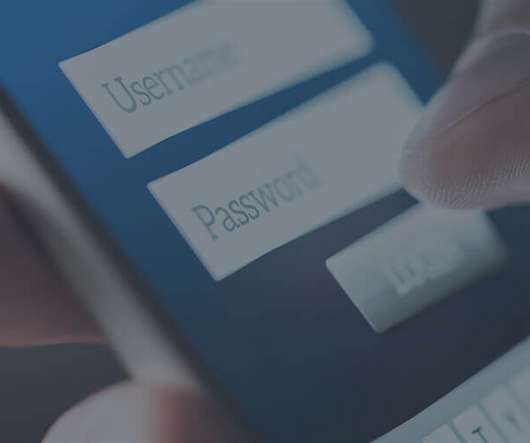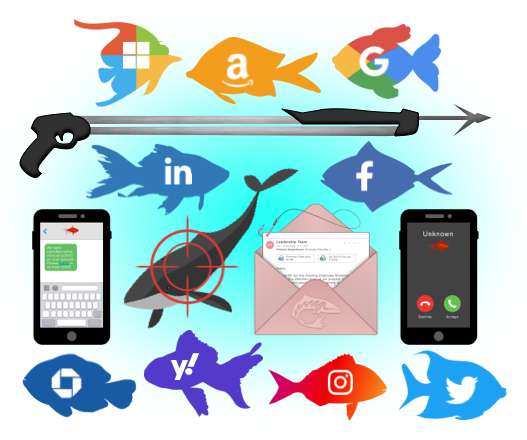An odd kind of cybercrime: Gift vouchers, medical records, and.food
Malwarebytes
OCTOBER 24, 2022
According to Brighton and Hove news , his spree began in 2019 with the initial purchase of a laptop from Amazon, bought with “fake Honey gift vouchers” I would love to know more about how this initial foray into system compromise worked, as one would imagine purchasing anything with fake vouchers would be a bit of a tall order.


















Let's personalize your content